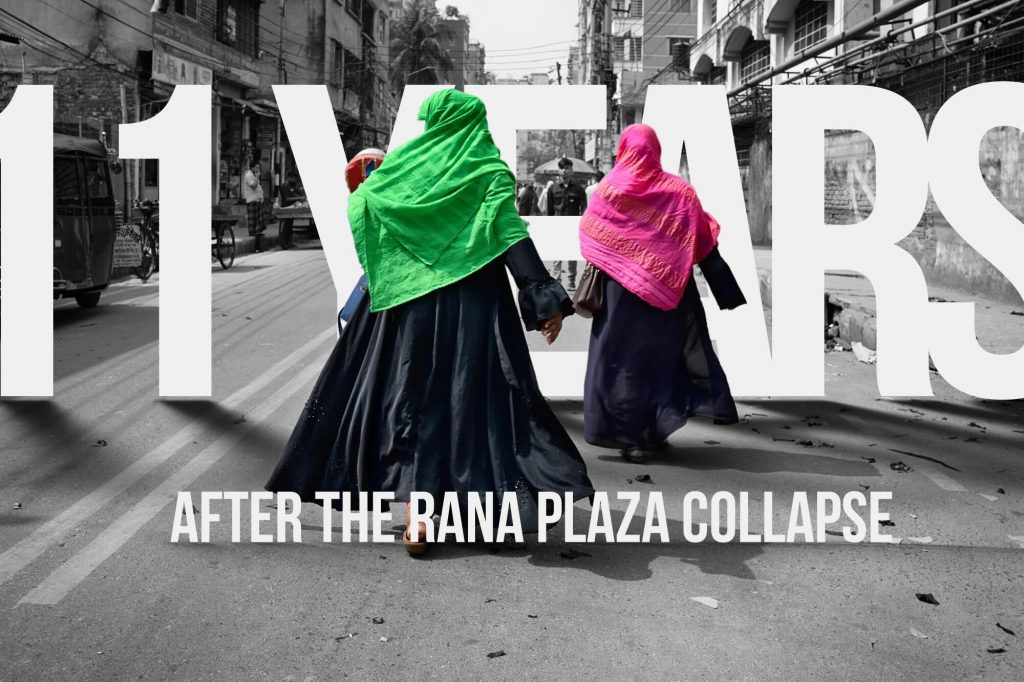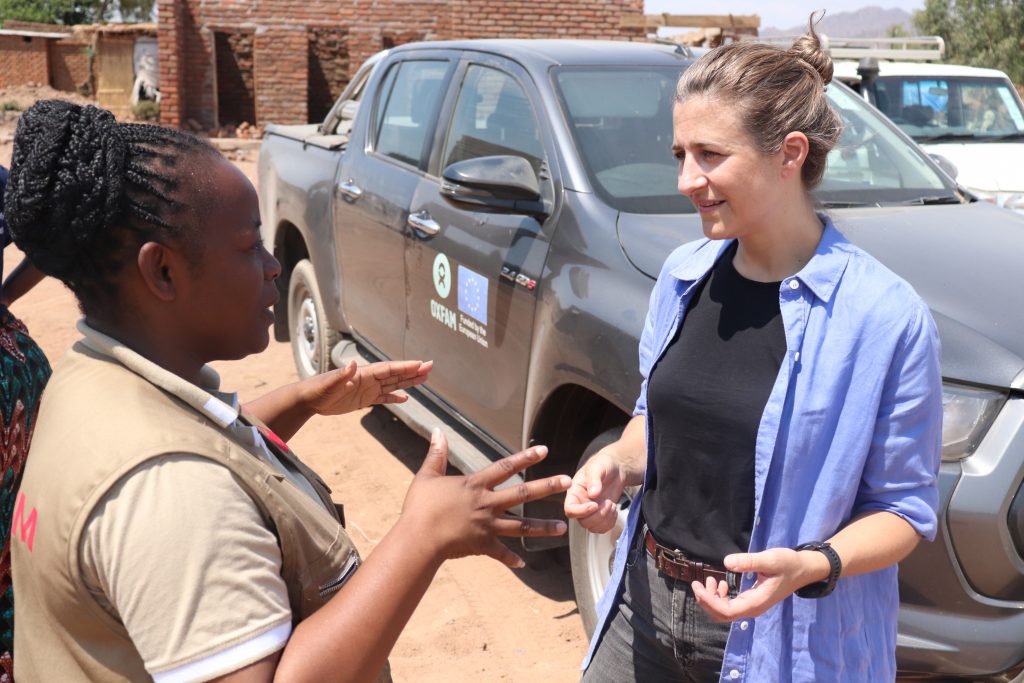Ebola: Life on the other side of the line
Life on the other side of the line
The challenges of Ebola quarantines in Freetown and how Oxfam is helping
By Melanie Gallant
When working in communications and media relations, a big part of your job is to show and tell the world what you have seen. One of my first assignments in Sierra Leone was to watch Oxfam distributing hygiene kits in the slums of Freetown and talk with quarantined families.
If implemented properly, quarantines provide an opportunity to pre-empt the risk of further spread Ebola by facilitating contact tracing, effective burial management, and ensuring a conducive environment for prevention work.
However, without proper and timely support, quarantines can further spread the disease as people move out in search of food and water, and other communities underreport cases or deaths in order to avoid quarantines.
Life on the other side of the line
I met Haijja on Malama Thomas Street, where families crowd into small corrugated iron houses. She was seven months pregnant and had been under quarantine for 7 days by then.
“The situation is not good for me,” Hajja told us from the other side of the quarantine line – a piece of bright pink string separating 15 families from the rest of the residents in Susan’s Bay – a slum in Freetown.
Quarantines can also increase the risk to women and girls, and to those in need of non-Ebola health care – like Haijja.
“On Friday I needed to go to the hospital, and they didn’t allow to me to go because I am in quarantine,” she said. “I am not sure if because of that they wont allow me to go this coming Friday, they don’t tell me how soon I can go. I don’t understand because I don’t know anything.”
In fact, many women’s groups fear an increase in maternal mortality and teenage pregnancies, as services for at-risk women and girls have been put on hold.
Recently introduced operating procedures by the National Ebola Response Coordination Centre (NERC) on quarantine management and a UN led Ebola gender assessment are both steps in the right direction.
But more – such as putting in place a monitoring system to ensure that support reaches quarantined communities on time, and better coordination of efforts between the Government, UN agencies and NGOs – is needed.
What Oxfam is doing
Oxfam is currently providing hygiene kits to families under quarantine so they can protect themselves from infection and stay healthy.
The buckets can be used to protect water from contamination – a big problem in slum areas – and contain much needed soap, water purifying tables, and chlorine to disinfect. I was really impressed that they also included sanitary products for women. I can only imagine how happy I would be to have these few items of comfort in such a difficult situation.
“It is very important,” said Hajja referring to the hygiene kit and the information session on Ebola given by Oxfam during distribution. “Because washing is part of us now. I know if we use soap to wash our hands and this chlorine that they give to us to disinfect, I know it protects us a lot. And if we continue, maybe some of us will get out of quarantine safely.”
Oxfam is also key member of the WASH consortium, where plans are underway to provide much needed water and sanitation services to quarantined slum areas.
Cancelling Christmas
Instead of visiting my family in Moncton, New Brunswick for Christmas this year, I will be part of the small yet mighty Oxfam team spending its holidays in Freetown.
Usually Christmas here means carnival, beach parties and endless reunions with family and friends. Many from the Sierra Leonean Diaspora save their vacation time to spend their holidays here.
“It’s the best time to be in Sierra Leone,” a co-worker told me. “But not this year. Ebola has cancelled Christmas”.
He said he hopes I can come back when Sierra Leone has beat Ebola – one day. I said we are all working hard to make sure that day is soon.
Melanie Gallant is Oxfam Canada’s Media Relations Officer. She is currently on assignment in West Africa to support Oxfam’s Ebola response.
Oxfam’s Ebola response is focused on preventing the spread of the disease and supporting medical facilities with water, sanitation, cleaning equipment and protective clothing. We are aiming to spend $43mn (£28mn) in Sierra Leone, Liberia, Mali, Gambia, Guinea Bissau and Senegal to help over 3.2 million people at risk of catching the disease. So far, Oxfam has reached over 1 million beneficiaries in Liberia and Sierra Leone.

